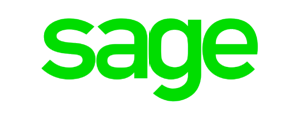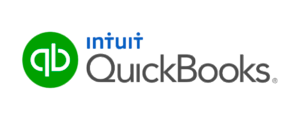In an incredibly short length of time, the internet has changed how we interact with each other and how we live our daily lives; and nowhere has it changed more than in how we do business and store data.
Access real time, accurate data from secure, cost effective remote servers.
So many businesses are moving their transactions and data storage into the cloud these days that it’s unlikely you haven’t come across the term at some point and wondered what exactly it is and how it works.
What is Cloud Accounting?
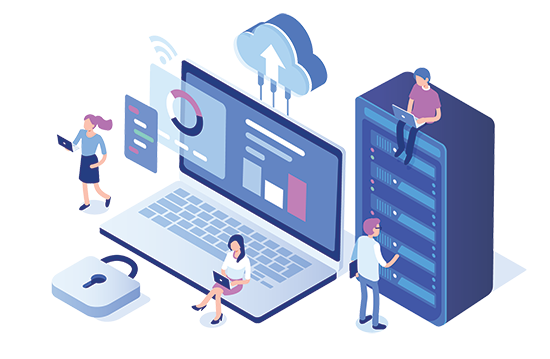 It’s best to start by saying that you have probably used cloud computing software every single day in some respect, without being aware of it. For example, most businesses use Dropbox, Google Drive, Office 365 or some other file sharing software. All of these programs store data in the cloud, where it is processed and stored to allow you to access it remotely from any device with an internet connection.
It’s best to start by saying that you have probably used cloud computing software every single day in some respect, without being aware of it. For example, most businesses use Dropbox, Google Drive, Office 365 or some other file sharing software. All of these programs store data in the cloud, where it is processed and stored to allow you to access it remotely from any device with an internet connection.
Cloud accounting software works in a very similar way; daily transactions and processes filter through a normal accountancy program, except now all that data is is sent to a secure server externally where it cannot be lost, deleted or stolen.
When considering the decision to move from traditional software to cloud based accounting software, it might seem like a daunting prospect.
However, fundamentally, what you’re doing is adding the power of the cloud to the same checks and balances you work with normally; making your work day more streamlined and ultimately more secure.
Having all your accounting records stored remotely also means you never have to backup your system and data ever again. If your in-office computers go on the fritz or your laptop is stolen, you are safe in the knowledge that nothing is physically stored on your devices, so there is no need to worry about lost work or unauthorised access.
You’re always going to have the most up to date version of what you’re working on.
What are the benefits?
As business owners and accountancy professionals, you are constantly having to increase efficiency but also remain competitive on pricing. This is an incredibly tough balance to maintain. Cloud based accounting software takes that difficulty out of your hands but also automates a lot of the process for you. No more time consuming migration of data; no more ‘optional’ updates that aren’t really optional.
Still not fully convinced? Here is our comprehensive list of benefits…
1. It can be accessed anywhere
Working in the cloud, you can access your accounts and storage anywhere, anytime on a variety of devices such as a laptop, phone, tablet or desktop PC; all you need is an internet connection. Got an urgent meeting to get to? Check your cash flow forecasts while sitting on the train, or go through your invoices on the treadmill in the gym.
Of course, ease of access also means there is no longer the need to always be in the office. As modern businesspeople, we’re always on the move; and Cloud Accounting allows us to take care of our bookkeeping on the go – this means more time can be given to the important stuff – like gaining new clients and communicating with customers.
For business owners, the availability of data is also a huge benefit, especially for companies that operate mobile sales and service teams that are out in the field more than than in the office.
2. It allows for Collaboration
 As cloud based accounting software is specifically designed to incorporate multiple users, it is very simple to work together on sets of accounts. It’s also very useful for communication between accountants and clients as both parties have instant shared data that each can access in real time – making it easy to maintain an open and transparent working relationship.
As cloud based accounting software is specifically designed to incorporate multiple users, it is very simple to work together on sets of accounts. It’s also very useful for communication between accountants and clients as both parties have instant shared data that each can access in real time – making it easy to maintain an open and transparent working relationship.
The ability for several users to view and work on the same file simultaneously also removes the need for physical meetings and data transfer between team members, so you can keep your meetings to topics that really matter!
3. It makes sense financially
When compared to more traditional methods, cloud based accounting is a more cost effective option. This is firstly due to costs of internal data storage, which there is no need for as all of your work is stored remotely on secure external servers.
Oh, and remember all that time and money spent in the past installing a piece of accounting software on every single computer in your office? Cloud accounting removes the need for that. Everything is done online, meaning you don’t need to install anything and updates are done regularly and automatically in the background. This reduces your overheads as a business by handing over the time and cost to your software provider.
A lot of accountancy firms experience growing pains along with surges and drops of client retention. With cloud based software, you have the ability to scale what you pay for as your business and client base grows. This means you can purchase only what you need and increase your expenditure if you grow and require more storage or advanced features.
In addition, there is no up-front cost incurred, as there is with a traditional desktop accounting software, as the pricing structure is generally based around a pay-monthly model.
4. It is safe and secure
One of the biggest and most important advantages to using the cloud is that your data is stored securely. In the modern business world, how we interact with the internet has changed drastically and so has the need for greater security placed on our data.
Using the cloud, the data is sent via encrypted connection, backed up in multiple locations and there is no physical version of your work that can be lost, stolen or destroyed.
No need to worry about fires or power surges anymore!
Overall, with the level of security, backup and disaster recovery it can provide, cloud accounting software greatly exceeds the level of safety a more traditional option offers to a business in the long term.
5. It is accurate and in real time
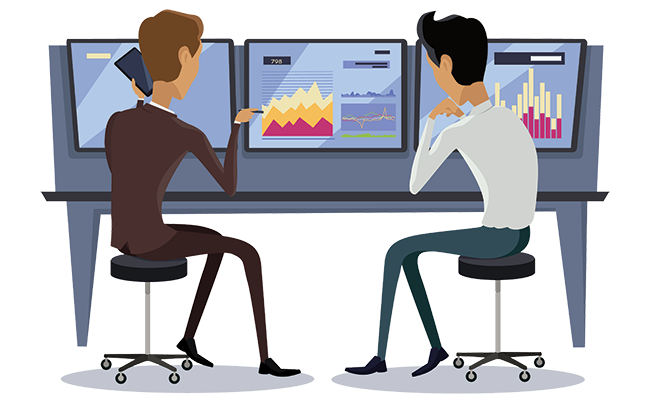 We have all come across glaring errors when reviewing accounts, financial data and bookkeeping documents; it’s prone to human error, including mistakes with double entry, discrepancies with the numbers and duplicates. Accounting in the cloud removes this issue by streamlining the data importing process with the use of automation and built-in controls to manage the risk of errors.
We have all come across glaring errors when reviewing accounts, financial data and bookkeeping documents; it’s prone to human error, including mistakes with double entry, discrepancies with the numbers and duplicates. Accounting in the cloud removes this issue by streamlining the data importing process with the use of automation and built-in controls to manage the risk of errors.
Of course, no system is perfect, but using cloud based software allows multiple users to manage the data being produced, so if a few errors get by the normal checks, everyone can help contribute to finding anything that slips through.
In addition, using the cloud allows you to automatically sync your accounts so you don’t have to manually import transactions or verify the expenses. This means your firm can respond to business change by giving you financial information at your fingertips in real time.
6. It is the most efficient option
Working in the cloud saves time for your business in that it automatically tracks your finances and financial data through intelligent automation; for example, if you have outstanding invoices, the software itself will chase them for you and offer easy ways of payment.
Especially for small businesses and accountancy firms, that extra time spent not chasing up clients and debtors is crucial for the running of their day to day operations and cutting out unnecessary admin.
As with any online or desktop software, the occasional security upgrades and software updates are essential to keep programs running effectively. Cloud software is no different. You will experience some downtime for such updates, but will be alerted ahead of time and most importantly will not have to carry out the updates yourself as your software provider will take care of it for you.
7. It allows integration with other software
Finding one system that delivers all your business needs can be an impossible task. That’s why it’s vital to integrate with other online apps which help form part of an entire business ecosystem.
Most cloud software can integrate with other cloud based software, which makes for greater control and flexibility over your data. If you have specific needs, say a direct debit payments system or a management tool, you can often integrate systems using add-ons.
Integrating Direct Debit with Cloud Software
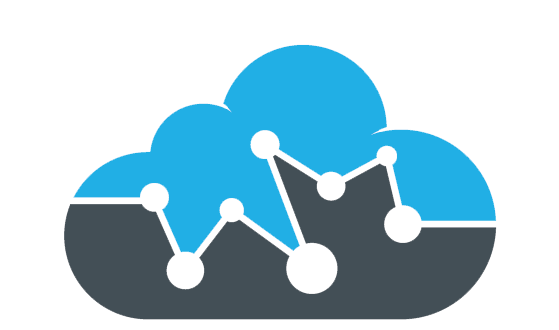 Integrating Direct Debit payment software into cloud based software such as Xero and Sage is a very simple way to customise the functionality of your system, allowing you greater control over your business’ finances and payment transactions, including:
Integrating Direct Debit payment software into cloud based software such as Xero and Sage is a very simple way to customise the functionality of your system, allowing you greater control over your business’ finances and payment transactions, including:
- Select which invoices you want to collect by Direct Debit
- Submitting your invoices without the need to manually double-key data
- Reconcile your invoices once the collection date has passed
